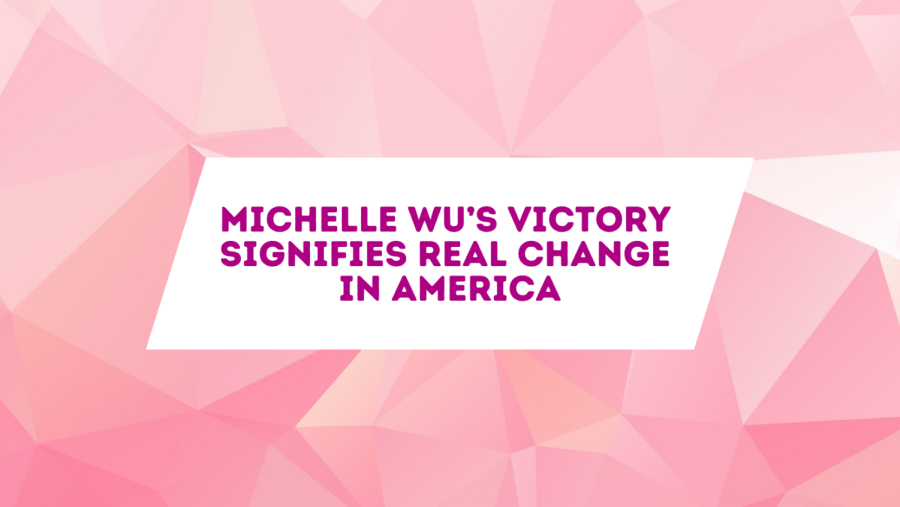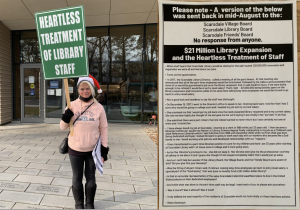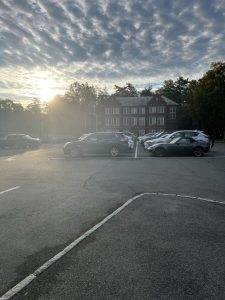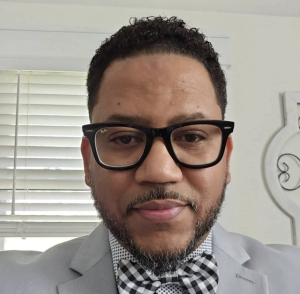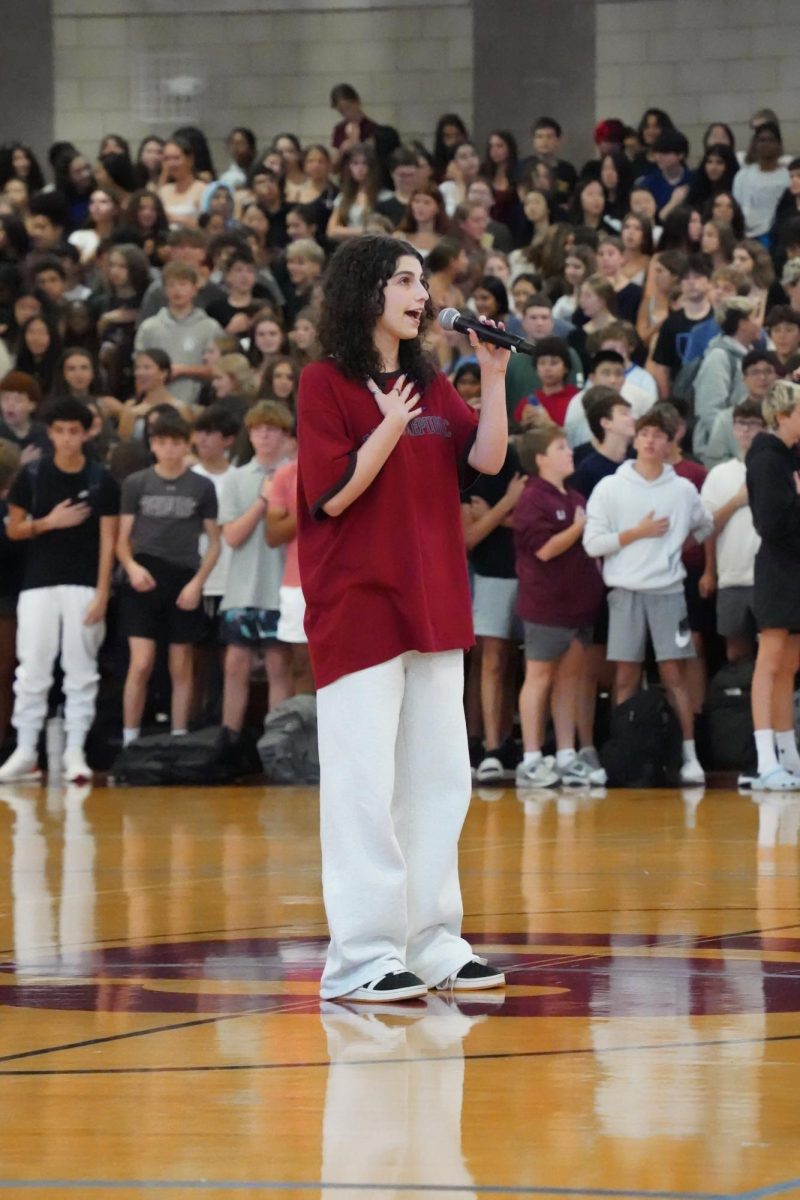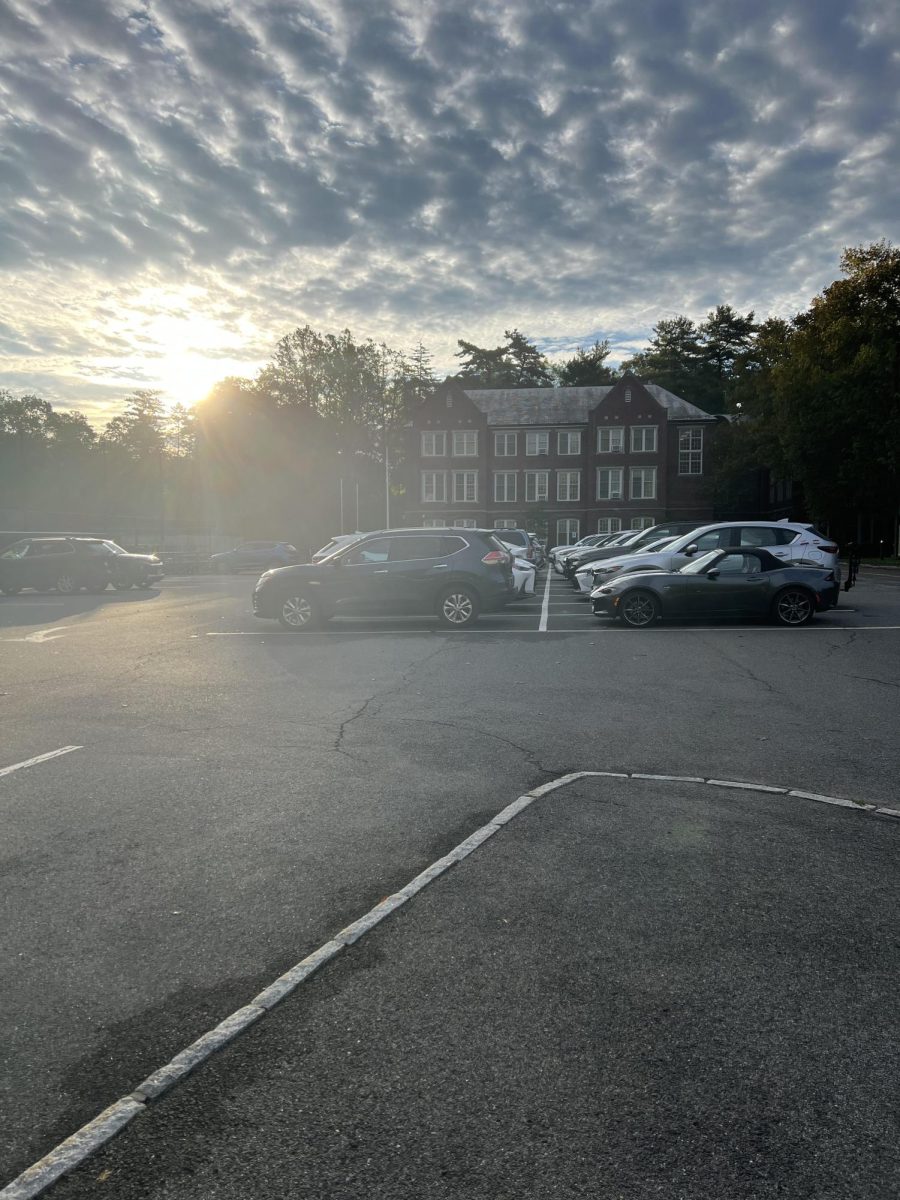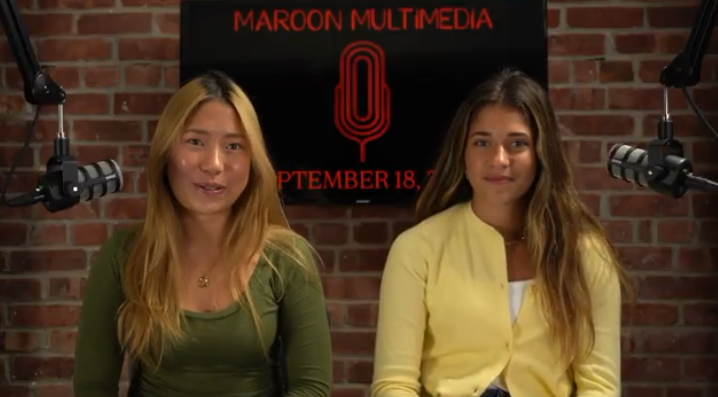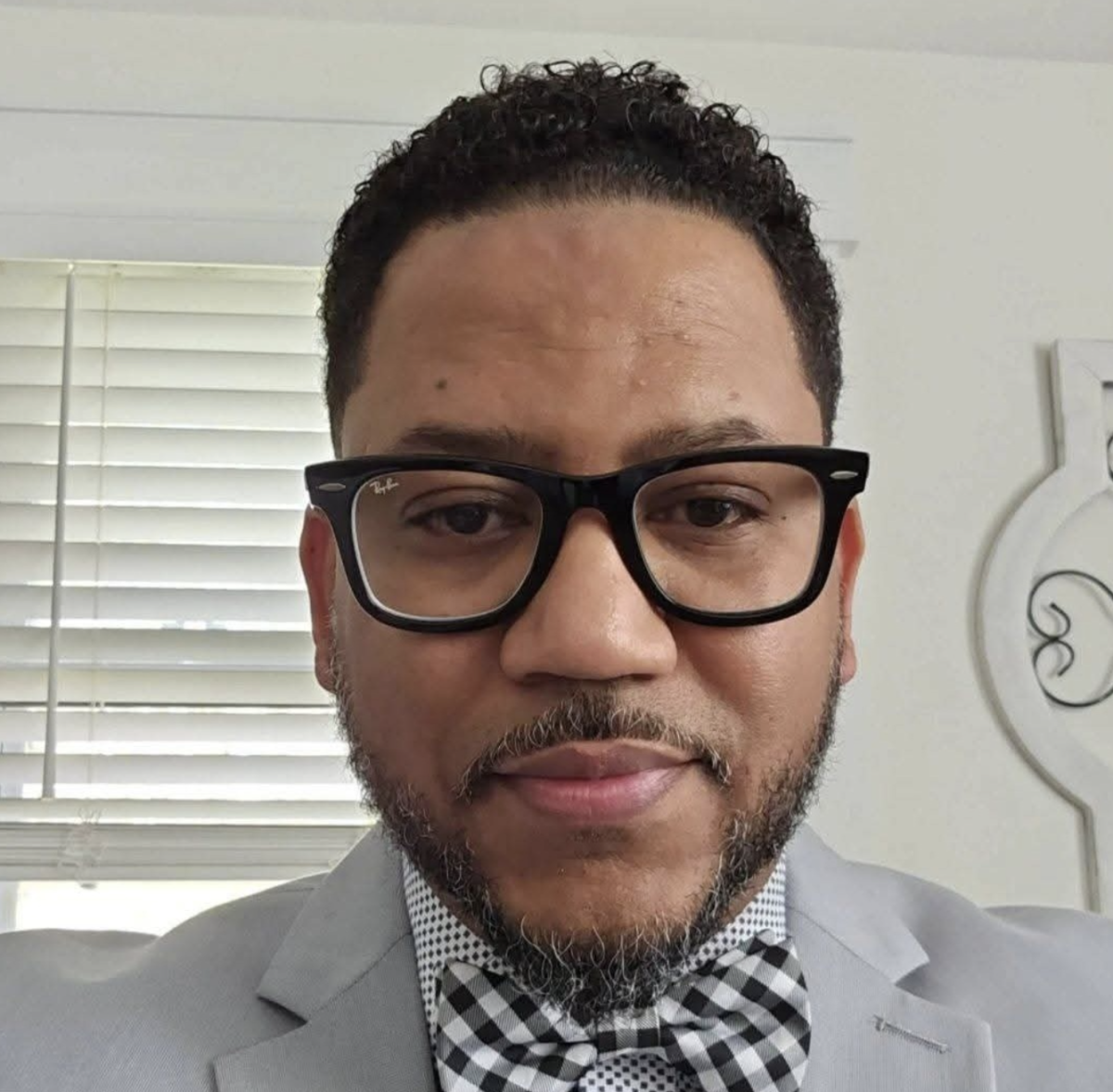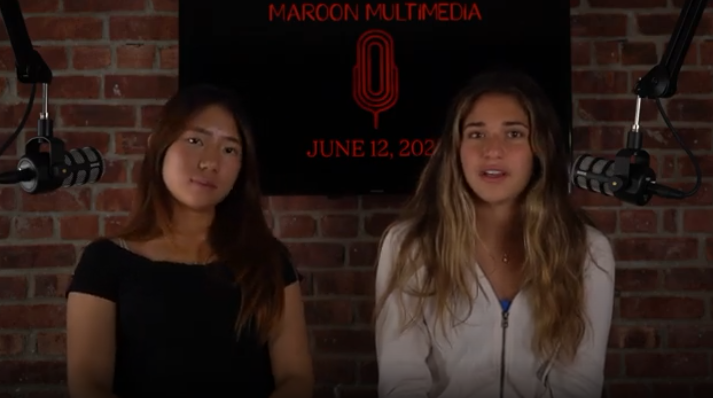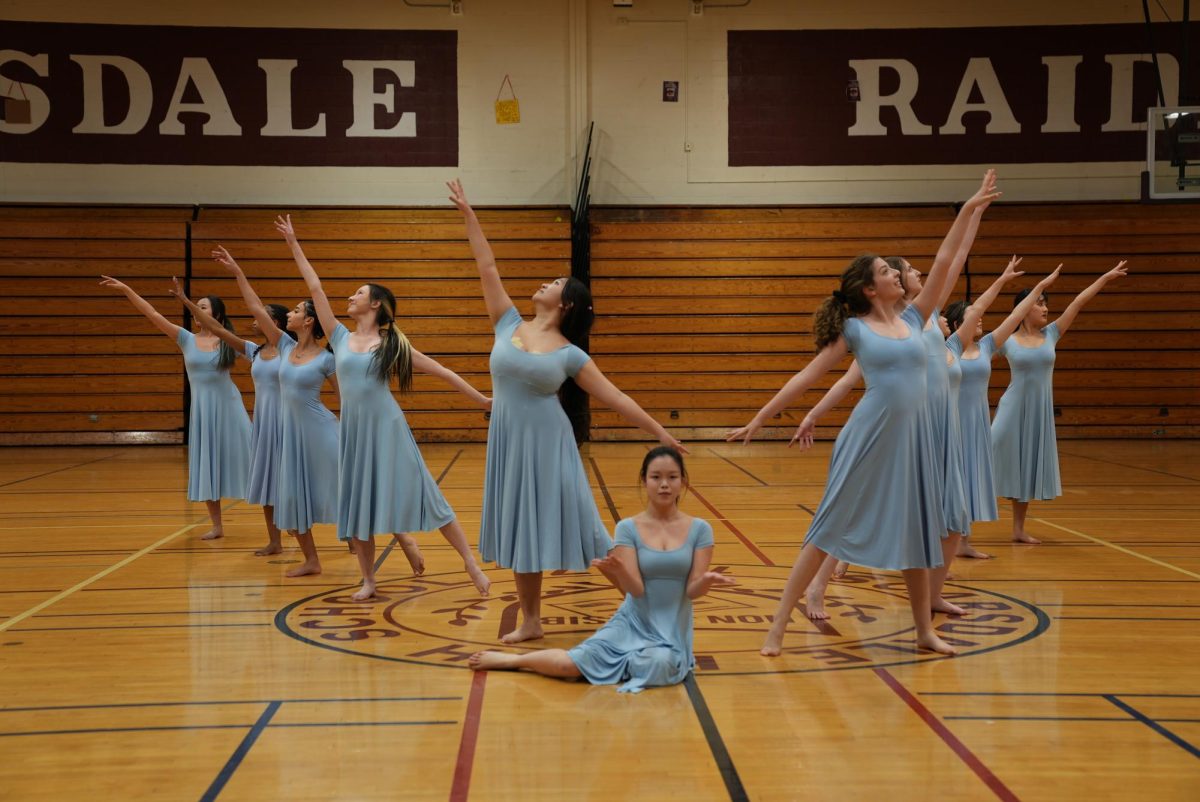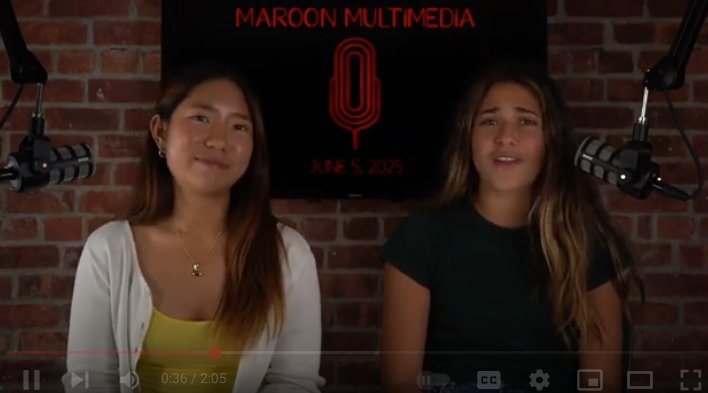Michelle Wu’s Victory Signifies Real Change in America
Wu wins mayor of Boston, perhaps marking a shift in the trajectory of contemporary politics.
November 21, 2021
Earlier this month, Democratic lawyer and politician Michelle Wu made history as the first woman of color to be elected as mayor of Boston. After starting off her campaign in the lead, Wu never lost her position, beating her opponent Annissa Essaibi George by a landslide. She is slated to take office November 16th and replace acting mayor Kim Janey, who assumed the position in March after Marty Walsh became the US Secretary of Labor. Despite Janey and Wu both being women of color, Wu is the first colored woman to be elected.
Wu is a Taiwanese-American who was raised in Chicago by immigrant parents. Her unique background allowed Wu to understand the realities of being unseen and unheard in society from an early age, fueling her desire to fight for the minorities in America. As she got older, Wu’s passion for social justice only grew as she was responsible for taking care of her mother, who suffered from mental health problems, as well as raising her sisters. By experiencing first-hand how her family suffered as a result of the lack of care provided by city agencies, who were presumably created to solve problems, she realized that the only way to fight for change was through the government and politics. After realizing her inability to access help from local agencies was not a problem unique to her, she went on to Harvard undergraduate school as well as law school to learn how to challenge the corruption within government services.
Later in her career, Wu, experiencing a desire to create change, decided to run City Council using her network of close alliances and previous experience working for Mayor Tom Menino and Senator Elizabeth Warren. As the first Asian American woman to serve on the council, Wu worked on expanding the number of women and people of color in leadership positions and the prevalent discrimination in the United Sates. Wu even became the first woman of color to serve as its president.
Wu hav e primarily focused on Mass. and Cass (a homeless encampment) and reducing the number of people without any shelter during the winter months; she has also focused on the pandemics effect in schools including increasing the number of students and teachers vaccinated. Lastly, she wants to establish a national search for a police commissioner, assemble a team to examine how to reform the permitting process for building, establish free public transit, reform gentrification, fight for the environment, and increase affordable housing. Critics view these ideas as falsely idealistic and unclear, especially considering that they were most likely be outlawed as they require the approval of the State Legislature and Gov. Charlie Baker. Nevertheless, Wu insists that she will find a way to help Boston achieve all of her goals despite the prevalent challenges. Furthermore, a recent poll asking which issues Boston voters care about realized that affordable housing and improvement public schools are at the top of the list and thus, Wu has clearly voiced that she will prioritize both.
In a town with a long history of separating men and women, Wu’s election proves that Boston has progressed and hopefully will continue to do so. “In a society where it seems that men run the political sphere, it is important that women see it is possible for them to be included,” said Nandini Sachdeva ’23. A woman entering as mayor of Boston also provides hope that politics not only in Boston, but in other cities around the United States is ever-changing and becoming more inclusive. “It encourages more women to step up in leadership roles,” added Daniela Blumenfeld ’22.

